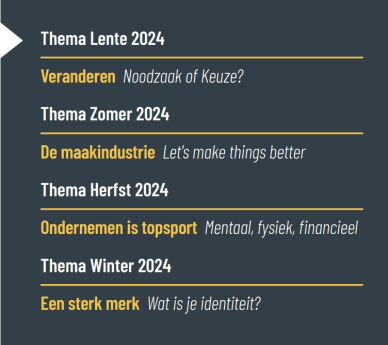mr. R.E. Gerritsen
Businesses are in distress, it is a sign of the times. Although there appears to be bright spots on the economic horizon, it is generally observed that large parts of the business still not have emerged from the effects of the economic crisis.
The conditions may still force a company to go in to a debt settlement with his creditors. This is up till now, in practice, a difficult process, although not impossible. Very often such projects end up in a suspension of debt (surceance van betaling) or worser, bankruptcy. Finding an agreement with creditors can not be enforced without an insolvency, even if a large majority of creditors has indicated that they will agree with a debt restructuring agreement outside moratorium or bankruptcy.
The current practice whereby outside an official debt moratorium or bankruptcy is exercised, fails often because of the fact that (small) creditors are taking advantage and unreasonable positions to frustrate or drag the intended debt settlement for which a majority of creditors would vote. According to the actual legislation a debt settlement agreement, based on freewill, can not be formally enforced outside an insolvency.
The Dutch Minister of Justice now wants to make it possible by new legislation -if a large majority of creditors is willing- to enforce an agreement on debt restructuring with creditors and shareholders. The undesirable consequences of the cancellation of a debt settlement will after all lead to sharp decline in the company’s values, job losses and creditor damages and decrease of shareholders value, in which situation all these parties get nothing at all out of a bankruptcy, because, this leads to liquidation in almost all cases, with enormous loss of value.
Research has also shown that the bankruptcy of a viable business by itself is relatively frequent. The draft legislation has looked at examples in the United States (Chapter 11) and Great Britain, that allow a court to force unreasonable creditors to cooperate with a debt settlement based on the majority of the creditors votes. A “quorum” (substantial majority) of creditors is required.
Thus may also come into the picture deals to involve the shareholders by extending repayment terms, repay in shares instead of cash or the issuance of new shares. The quorum rule is that the votes of creditors, holding two-thirds of the debt, agree with the debt settlement.
Although in practice many debt settlements are offered to creditors, it is an experienced practice that such requires considerable (legal) efforts to attract unreasonable creditors, including tax-authorities and social security institutes (UWV) over this line. The upcoming “compulsory settlement” outside bankruptcy may soon set up an important improved tool to reduce costs of restructuring.
If a company however has currently difficulties and/or problems with his bank or creditors, it is important not to wait but act. The expectation is that the new legislation will go through the Dutch parliament in the course of 2015. Companies in distress must already start preparations to avoid an imminent bankruptcy and can even now trying to achieve a debt settlement with the help of an experienced advisor.
The law firm Levenbach & Gerritsen Attorneys at Schiphol-Rijk has experienced insolvency lawyers with know how and a solid network in the financial sector. Also labourlaw expertise in available and the law firm can deliver high-level negotiating experience.
If there is a need to ask questions, Levenbach & Gerritsen Attorneys offers an initial free interview. In addition, other questions on corporate or other matters can also be made.
The law firm is accustomed to respond quickly and with short lines, operating in a transparent process with fair fees. The firm offers also expertise in other fields and specializations, such as corporate, construction and environmental law, administrative law, logistics, etc.
mr. R.E. Gerritsen



